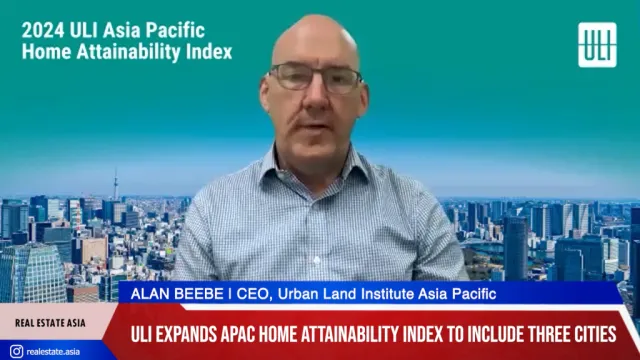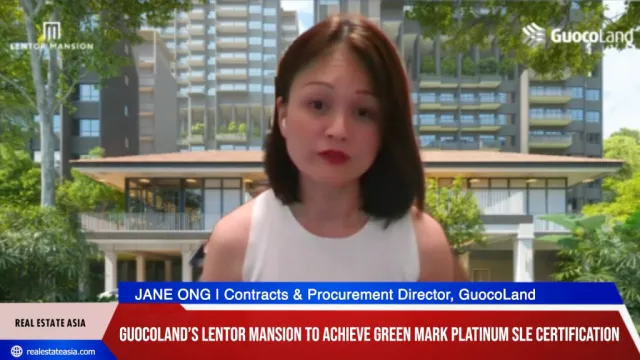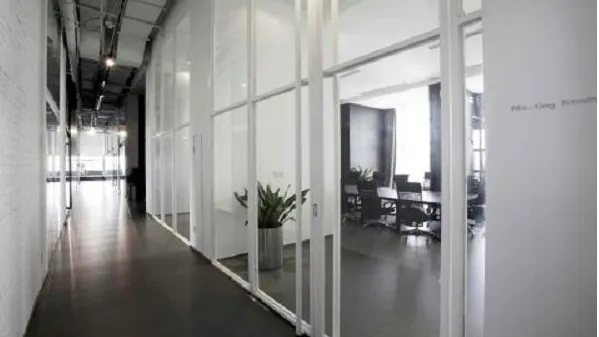
How did Tokyo’s Grade B office market fare in Q3?
Vacancy rose to 4.8%, with Minato recording the largest increase.
The Grade B office market in Tokyo has moved in the same direction as the Grade A market in Q3/2022, partly aided by the limited supply in the market. According to a Savills report, rents have also remained flat at JPY24,632 per tsubo, to an annual decline of 5.6%.
Chuo saw the largest increment in rents of 3.0% QoQ to JPY25,226 per tsubo, although the new addition to the market, the Yanmar Tokyo Building, was the primary contributor to this uptick with its above average rents. Meanwhile, rental corrections in other wards were mild.
Here’s more from Savills:
The Grade B market also saw a moderate increment in vacancy of 0.7ppts QoQ and 1.5ppts YoY to 4.8%. Similar to the Grade A market, vacancy in Chuo nearly doubled over the quarter – increasing 1.6ppts QoQ to 3.8%, although the new addition to the market also played a significant role in this softening. Vacancy in Minato saw the largest increase of 2.7ppts QoQ to 10.7%, with most increments still stemming from a small number of buildings rather than the ward as a whole.
On the other hand, Shibuya’s vacancy saw a decline of 1.2ppts QoQ to 1.8%. Indeed, most offices in Shibuya are fully occupied, showing that there is demand present for reasonably priced offices with desirable attributes.
Overall, the Grade B office market has moved mostly in tandem with the Grade A market in terms of both rents and vacancy throughout the pandemic. Rents in the Grade B market have declined 13.7% since the pandemic began compared to the Grade A market’s decline of 13.1%, and vacancy in the Grade B market has increased 4.6ppts since the pandemic to the Grade A market’s increment of 3.9ppts.
Recovery in the Grade B market is also expected going forward as society progresses to an endemic state and the demand for offices stabilises. Nevertheless, offices that are older and in more inconvenient locations will continue to struggle disproportionately to find tenants. Hence, while most of the market should remain stable, rental corrections in these buildings could be in the crosshairs.




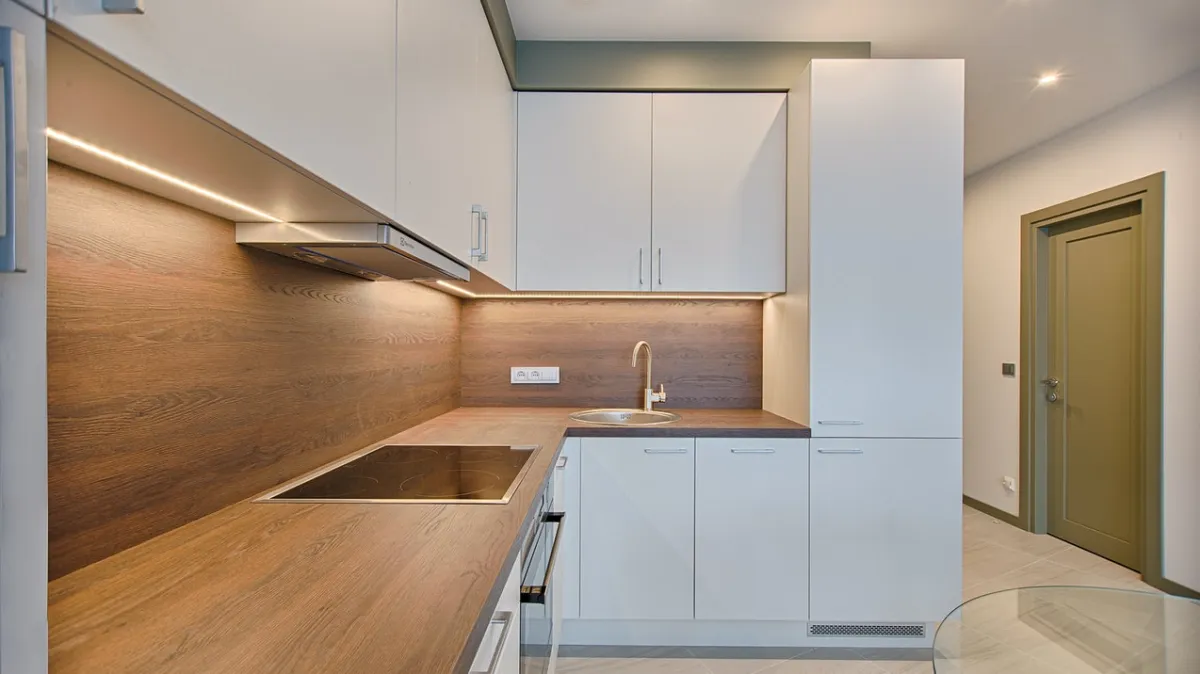

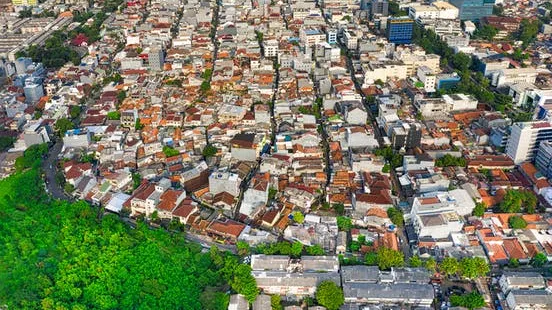
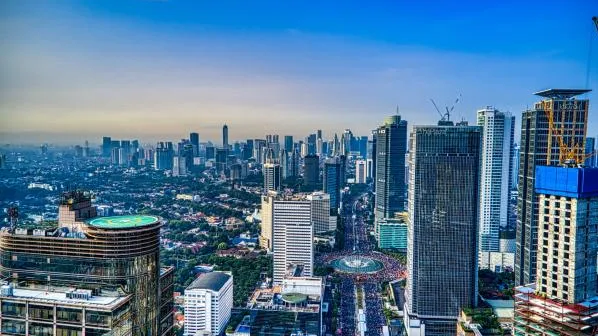
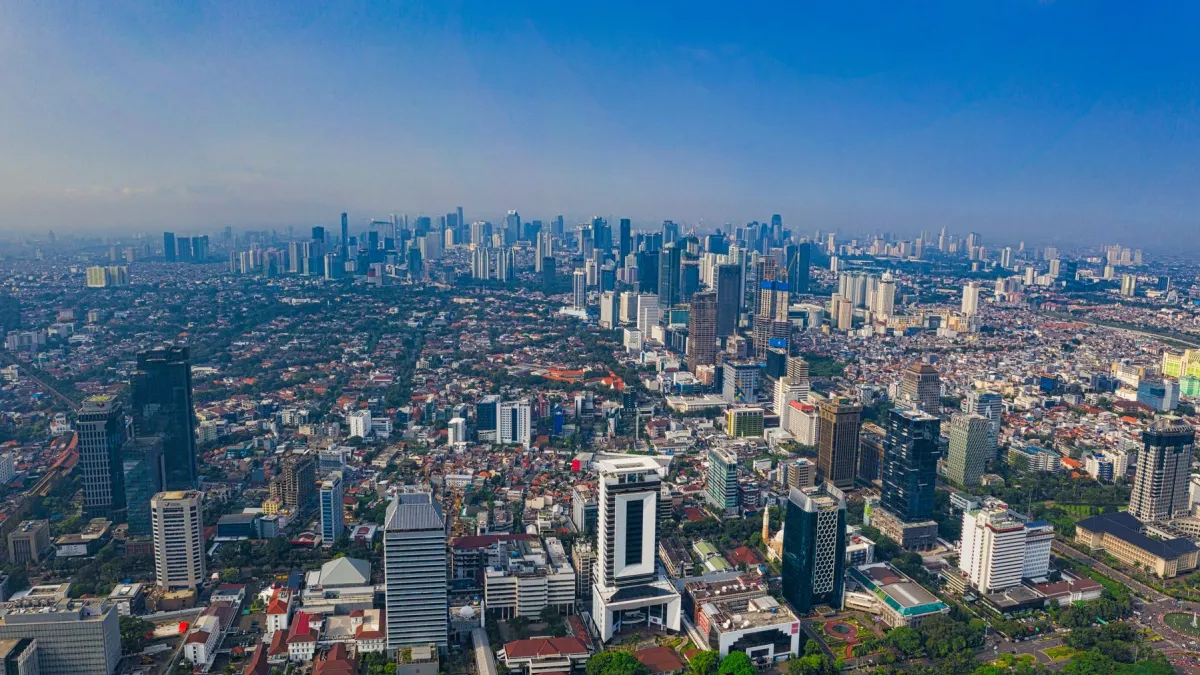
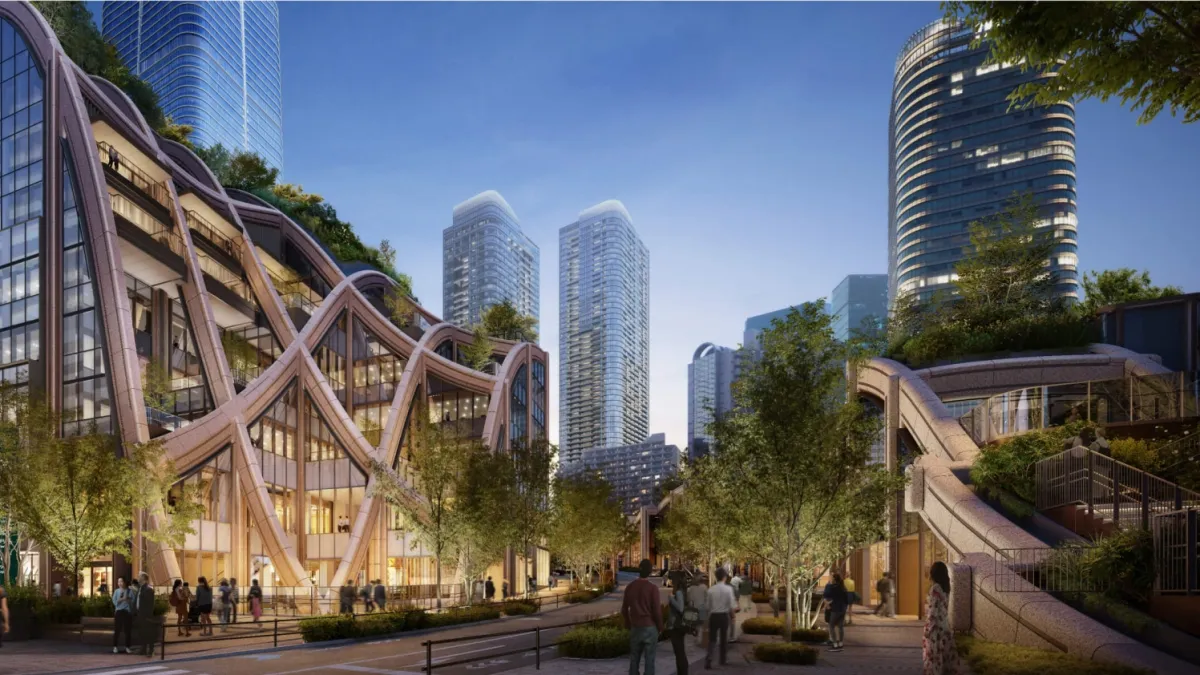
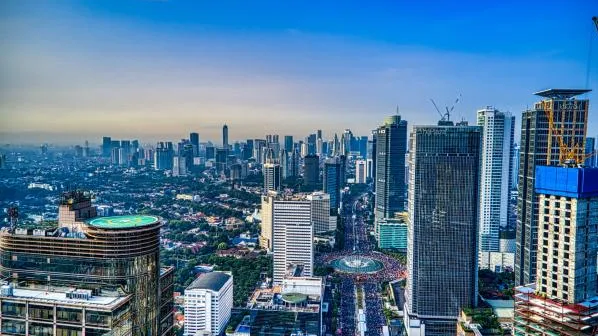


 Advertise
Advertise


